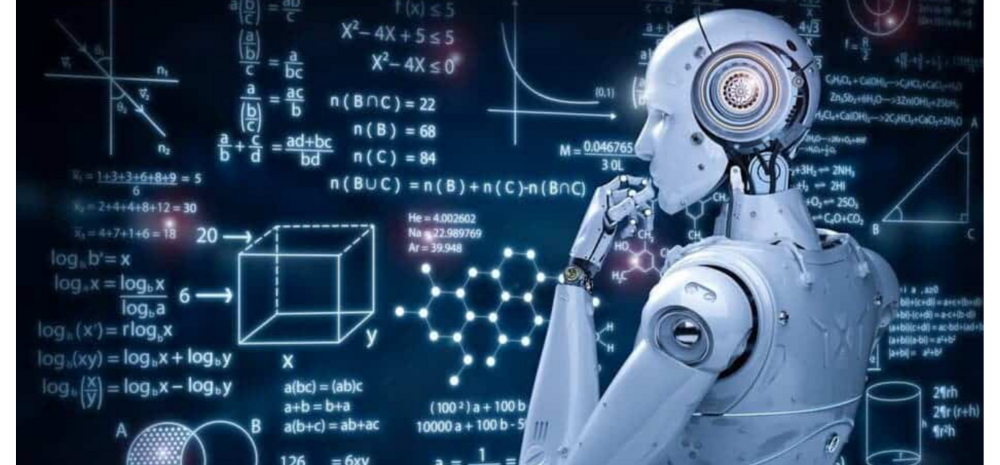In November 2022, OpenAI unveiled ChatGPT, marking the start of an AI revolution. Subsequently, numerous companies began developing their AI tools. While some saw these tools as beneficial for human tasks, others raised concerns about their adverse impacts. Many individuals feared that AI would displace them in their jobs, and tech experts like Elon Musk cautioned about the dark side of this emerging technology.

The United Nations’ Study on AI’s Impact: Transforming Work Patterns Without Job Replacement
However, a recent study from the United Nations’ International Labour Organization (ILO) suggests that AI will transform our work patterns but not necessarily replace human jobs. According to an AFP report citing the study, most jobs and industries will only experience partial exposure to automation. The ILO asserts that most businesses are more likely to be enhanced by the latest Generative AI, such as ChatGPT, rather than being entirely substituted.
The study emphasizes that the primary impact of this technology is expected to be changes in the quality of jobs, specifically regarding work intensity and autonomy. Furthermore, it highlights that the effects of this emerging technology will vary across professions and regions, with women more likely to see their jobs affected compared to men.
OpenAI CEO Sam Altman’s Stark Warning: AI’s Impact on Jobs and Humanity’s Future
OpenAI CEO Sam Altman, in a recent interview with The Atlantic, acknowledged that AI’s influence on society will not be exclusively positive. He expressed the view that many working on AI tend to downplay its potential to replace human jobs and instead present it as a complement to human abilities. However, Altman firmly believes that jobs will inevitably disappear due to AI.
Additionally, Altman disclosed that OpenAI could have developed something even more powerful than ChatGPT, but the public might not have been prepared for such an advancement. He mentioned the possibility of working on a groundbreaking project for several more years but recognized that the public reaction would be unpleasant to imagine.
According to The Atlantic report, Altman contends that people need time to accept the idea that a highly intelligent AI might coexist with humans in the future, and ChatGPT was a means of alerting society to this evolving reality.











